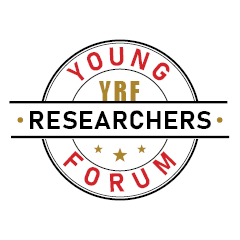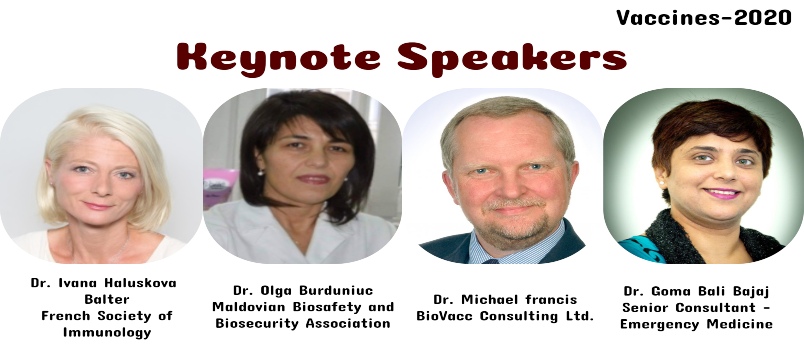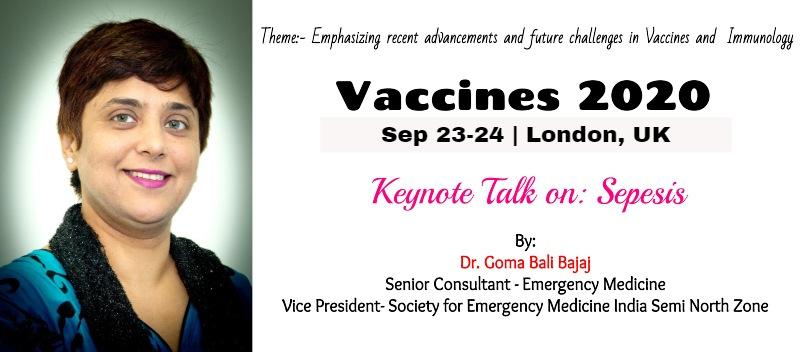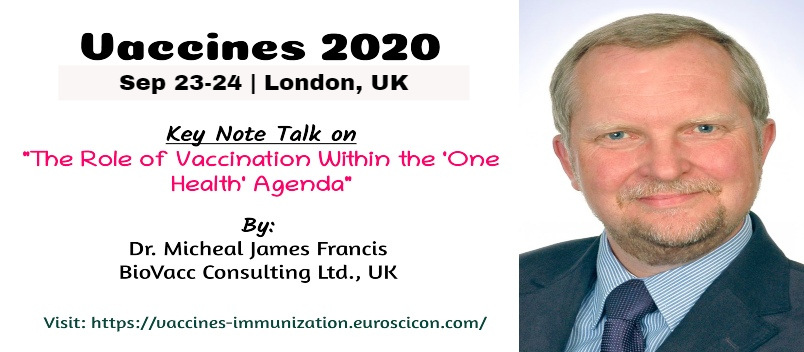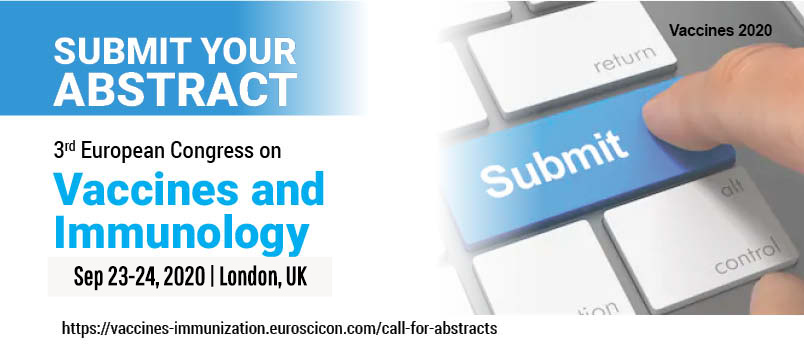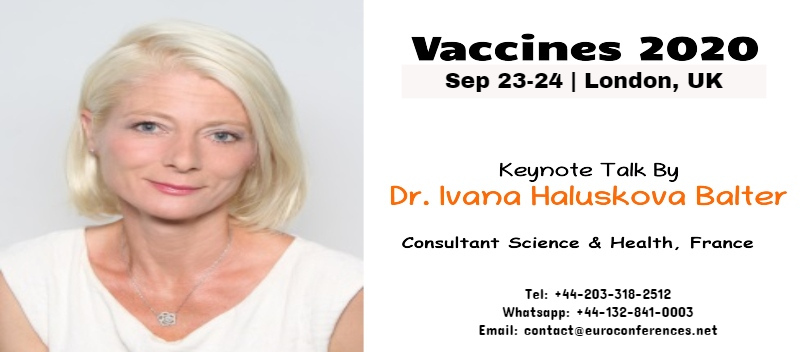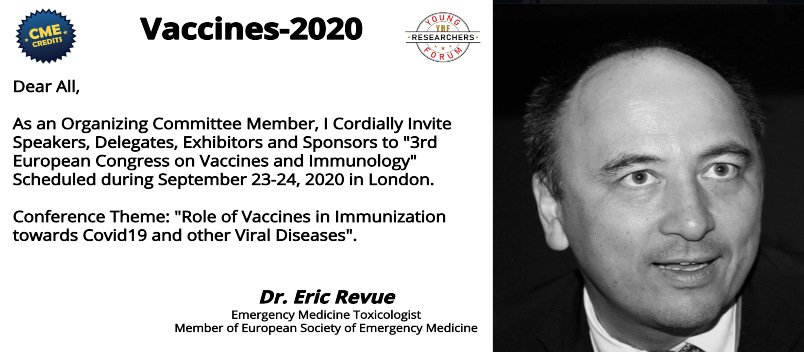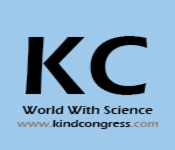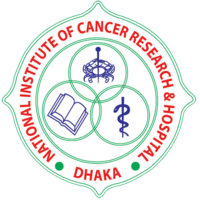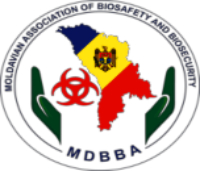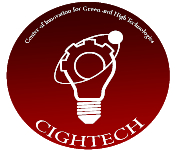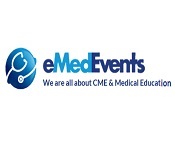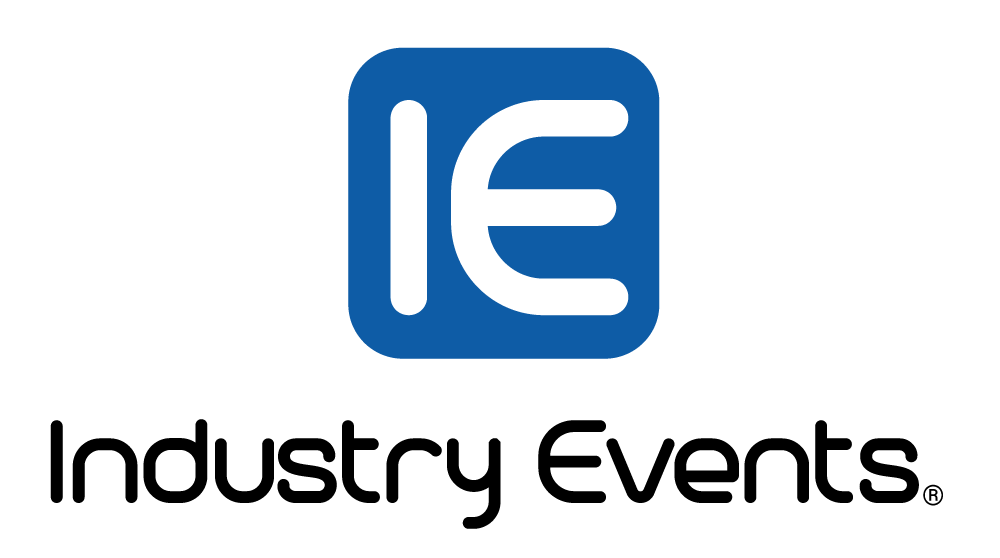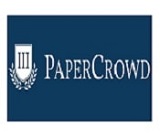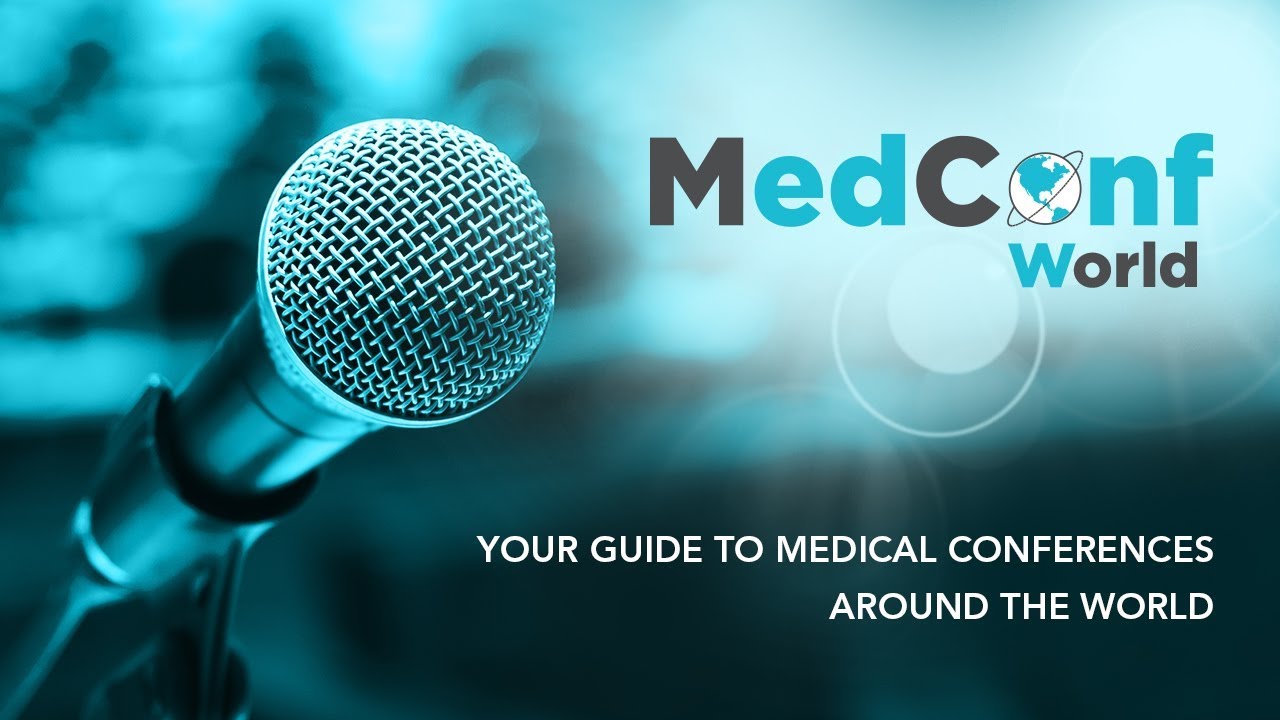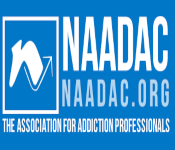Vaccines Immunization 2020
ABOUT CONFERENCE
Vaccines Committee cordially invites all the interested and enthusiastic participants across the globe to its prestigious "3rd European Congress on Vaccines and Immunology" to be held during September 23-24, 2020 in London, UK. Which highlights the theme “Role of Vaccines in Immunization towards Covid19 and other Viral Diseases”.
The event will have Keynote speakers, Plenary speakers, Invited speakers, and fresh contributed speakers. Furthermore, a variety of poster presentations along with workshops and special sessions would be interested in listeners.
The aim of the Vaccines & Immunization 2020 is to promote quality research and real-world impact in an atmosphere of true international cooperation between scientists and engineers by bringing together again the world-class researchers, International Communities and Industrial heads to discuss the latest developments and innovations in the fields of Vaccines.
We sincerely hope that Vaccines conferences serve as an international platform for meeting researchers from around the world, widen professional interaction, and create new opportunities, including establishing new alliances.
We look forward to seeing you at Vaccines & Immunization 2020 in London, UK.
Why attend???
Vaccines & Immunization 2020 is aimed to give an opportunity that scholars from around the world focused on learning about Vaccines & Immunology and its advances; this is the best opportunity to reach the largest gathering of participants from the Vaccines & Immunology community. It provides an explicit platform for presentations that distributes information, meets with current and potential scientists. World-renowned speakers, the most recent techniques, developments, and the latest updates in Vaccines & Immunology are hallmarks of this conference.
Target Audience:
- Researchers & Scientists related to Vaccines R&D
- Deans and Professors
- CEO / CSO / COO
- CMO / Head of Scientific Affairs
- Head of Virology
- Head of Immunology
- University Faculty
- Medical Schools/Colleges
- Nursing Schools/Colleges
- Associations and Societies related to Vaccines R&D
- Vaccination Programme Organising Government and Non-government Organisations
- Business Entrepreneurs
- Medical devises Manufacturing Companies
- Vaccines Manufacturing Companies
- Vaccines Developers and Investigators
- Strategic Alliance
- Alliance/Partnership Development
- VP of Microbiology
SESSION/TRACKS
Track 1: Emerging and Re-Emerging Infectious Diseases
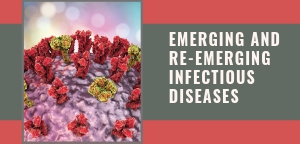
Emerging diseases are those whose incidence in humans has increased in the past two decades, and re-emergence is the reappearance of a known disease after a significant decline in incidence.4 The magnitude of the problem is illustrated by the appearance of several new pathogens causing disease of marked severity, such as the human immunodeficiency virus (HIV) and other retroviruses, arenaviruses, Hantaviruses and the Ebola virus. Old pathogens such as cholera, plague, dengue hemorrhagic fever and yellow fever have re-emerged and are having considerable impact in the Americas.
Re-emerging, or resurging, diseases are those that have been around for decades or centuries, but have come back in a different form or a different location. Examples are West Nile virus in the Western hemisphere, monkeypox in the United States, and dengue rebounding in Brazil and other parts of South America and working its way into the Caribbean.
- HIV/AIDS
- Malaria and Tuberculosis
- Influenza
- SARS
- Ebola
- Nipah
- West Nile Virus
-
Monkey pox
Track 2: Vaccine Research & Development
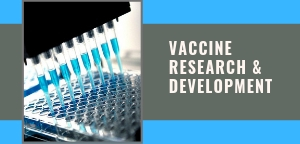
Vaccine Development is an activity that focuses on a variety of technological initiatives and applied research, which enhance and promote improved systems and practices for vaccine safety. In the past year, the unprecedented Ebola disease outbreak galvanized research and industry response and as we continue to search for solutions, we must review the lessons learned in order to overcome the current challenges. Vaccines development is a long, complex process, often lasting 10-15 years and involving a combination of public and private involvement. The current system for developing, testing, and regulating vaccines developed during the 20th century as the groups involved standardized their procedures and regulations.
- Basic Vaccinology
- Vaccines discovery, development & formulation
- Vaccine Management & Quality Assurance
- Vaccine Immunoinformatics
Track 3: Influenza and Respiratory Diseases
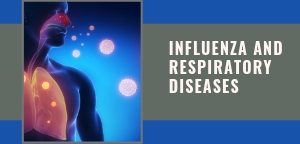
Population protection by vaccination against infections has been one of the major achievements of public health and is of considerable importance in controlling respiratory diseases.
- Vaccine against the Influenza Virus
- Vaccine against Pertussis
- Vaccine against Tuberculosis
- Vaccine against Streptococcus Pneumonia
Track 4: Vaccines Bioprocessing and Manufacturing
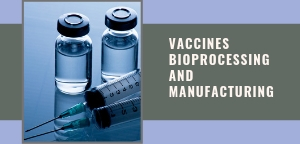
The vaccine industry, particularly, in major Western markets, continues to be dominated by a few major, long-established players that primarily manufacture aging, long-marketed, non-recombinant (nongenetically engineered) vaccines. The industry, however, will be changing in the coming years and this change may come rather rapidly.
Track 5: Vaccines Pre-Clinical Validation to Clinical Trials
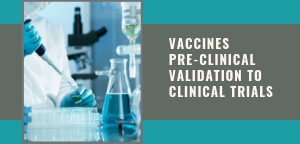
Assess how to improve your clinical trial performance, from developing novel immunological assays to creating clinical efficacy.
Track 6: Anti-Microbial Resistance
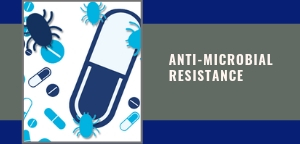
Antimicrobial resistance (AMR) is one of the biggest threats to both human and animal health today. AMR can affect anyone, of any age, and in any country. It can lead to longer hospital stays, higher medical costs, and possibly death.
AMR occurs when germs that can cause infections, such as bad bacteria, become resistant to medicines, such as antibiotics, used to kill them.
There is a growing appreciation for the role of vaccines in confronting the problem of antimicrobial resistance. Vaccines can reduce the prevalence of resistance by reducing the need for antimicrobial use and can reduce its impact by reducing the total number of cases.
Role of Vaccines in Combating Antibioticâ€Resistant Bacteria
- Vaccines as part of antibiotic stewardship
- Prevent bacterial infections and avoid need for antibiotics
- Prevent use of antibiotics for viral infections
- Reduce transmission of antibioticâ€resistant strains
- Develop new vaccines to target resistant pathogens
- Assess regulatory pathways and clinical trial designs to facilitate vaccine development
-
Understand vaccine markets and incentives to support R&D for new vaccines
Track 7: Vaccines Technology
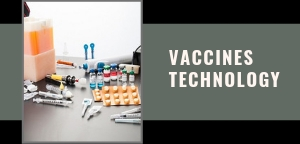
Increasing and evolving demands for all types of products creates new challenges for vaccine manufacturers. As the market grows, innovative approaches to development and production will be needed to accelerate the delivery of novel products.
Health policy-makers are encouraging the use of new technology to meet these challenges and make vaccines more accessible.
- DNA delivery technologies
- Needle-free vaccine delivery
- Nanopatch Technologies
-
Delivery systems for prophylactic and therapeutic vaccines
Track 8: Cancer and Immunotherapy
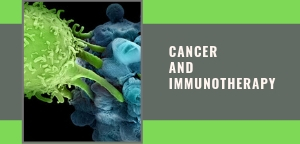
Immunotherapeutics is a treatment that uses your body's immune system to help fight cancer. Get information about the different types of immunotherapy and the types of cancer they are used to treat. The main types of immunotherapy now being used to treat cancer include:
- Cancer vaccines
- Monoclonal antibodies
- Immune checkpoint inhibitors
-
Other, non-specific immunotherapies
Some types of immunotherapy are also sometimes called biologic therapy or biotherapy.
In the last few decades immunotherapy has become an important part of treating some types of cancer. Newer types of immune treatments are now being studied, and they’ll impact how we treat cancer in the future.
Immunotherapy includes treatments that work in different ways. Some boost the body’s immune system in a very general way. Others help train the immune system to attack cancer cells specifically. Immunotherapy works better for some types of cancer than for others. It’s used by itself for some of these cancers, but for others it seems to work better when used with other types of treatment.
- Feline Leukemia Vaccines
- Cancer Immunotherapy Biomarkers
- Non-specific cancer immunotherapies and adjuvants
- Oncolytic viral therapies
- Gene-therapy
-
CAR T-Cell Therapy
Track 9: Vaccines Safety and Efficacy
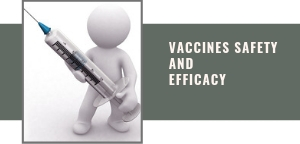
Vaccines are the best defense we have against serious, preventable and sometimes deadly contagious diseases. Vaccines are some of the safest medical products available, but like any other medical product, there may be health risks. Accurate information about the value of vaccines as well as their possible side-effects helps people to make informed decisions about vaccination. The safety of vaccines is carefully monitored, starting early in the product development and continuing for as long as the vaccine is being used. Find out about what is done before and after vaccines are approved for use and what is known about the benefits and safety of specific vaccines. There is a lot of false information about vaccines safety on the Internet. This can be confusing. Discover the answers to common questions and concerns about vaccines.
- Vaccine Administration, Storage & Handling
- Factors Influencing Vaccine efficacy
- Vaccine safety communication
- Vaccine Safety Monitoring and Vaccine Pharmacovigilance
- Patient and Public acceptance and perceptions
-
Post marketing surveillance of Vaccines
Track 10: Veterinary Vaccines
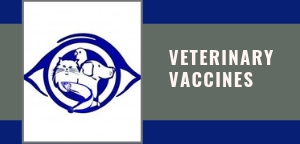
Veterinary vaccines are to improve the health and welfare of companion animals, cost-effectively increase the production of livestock, and prevent animal-to-human transmission from both domestic animals and wildlife. Several vaccine types can de be distinguished among the second-generation veterinary vaccines, depending on whether they are live or inactivated, according to the strain of rabies virus used and the characteristics of the cell-substrate chosen for viral replication. More recently a third generation of live veterinary rabies vaccine has been developed using recombinant technology. Depending upon the expression system these vaccines are used either parenterally or orally. Oral rabies vaccines are widely used in foxes in Europe and raccoons in the USA.
- Current status of Veterinary Vaccines
- Safety or efficacy of a Veterinary medicine
- Vaccines for Livestock Diseases
- Animal health outcomes
- Recent Advances in Animal Vaccination
Track 11: Hepatitis Vaccines
- Hepatitis A
- Hepatitis B
- Hepatitis C
- Hepatitis D
Track 12: HIV/AIDS Vaccines
- HIV Vaccine Strategies
- T cell-based Vaccines
- B cell-based Vaccines
- Innate & Mucosal Immunity
- Viral Vaccine Vectors
Track 13: Preventable Disease Vaccines
- Diphtheria
- Haemophilus influenzae serotype b disease
- Meningitis
- Tuberculosis
- Yellow fever
- Mumps
- Measles
MARKET ANALYSIS
Vaccines Conferences advisory board invites all the participants across the world to attend “3rd European Congress on Vaccines & Immunology” going to be held during Sep 23-24, 2020 in London, UK. The Theme of the conference is "Role of Vaccines in Immunization towards CoVid-19 and other Viral Diseases" will explore the advances in Vaccines and Immunology.
Importance & Scope:
This conference could be an exceptional event that brings along a novel and International mixture of huge and medium cognizance on Vaccines and Therapeutics, leading universities engendering the conference an ideal platform to apportion expertise, foster collaborations across trade and world, and assess elevating technologies across the world.
Vaccination is a key to eradicate the diseases. It is a subject for the professionals who looks beyond the clinical prospects. Traditional approaches to vaccine design were to emasculate or inactivate the human pathogen or a cognate animal homologue, Vaccinology is the science of vaccine development and how the immune system responds to vaccines, but additionally includes perpetual evaluation of immunization programs and vaccine safety and efficacy, as well as surveillance of the epidemiology of vaccine-preventable diseases. This chapter provides a brief overview of some of the main concepts of immunology and Vaccinology as they relate to immunization. Vaccines & Immunization 2020 amasses all the extroverts under one roof of current advances.
Market Growth of Vaccine Research in the last and upcoming ten years
The global vaccines market is one of the fastest-growing segments and new predictions estimate the value of the market to reach between $48 billion and more than $70 billion over the next five to eight years.
According to a new report released by Transparency Market Research, the value of the global human vaccines market is expected to grow from $28.3 billion in 2015 to $72.5 billion in 2024. The projection would represent a compound annual growth rate (CAGR) of 11.2% from 2016 to 2024. Even though the dollar figure is large and growing, vaccines still only account for 3% of the market share within the global pharmaceutical industry. The report broke down expectations by segments. By age group, paediatric vaccines accounted for 57.5% of the share in 2015, but adult vaccines are expected to grow at a 13.2% CAGR during the forecast period. When the research group analysed the market by product, they found the pneumococcal segment to have the majority share in 2015, but expect hepatitis products to demonstrate strong growth through 2024. By vaccine type, the conjugate vaccines held the majority share in 2015, but the combination vaccines were expected to have the largest CAGR.
LEARN MORE
Latest Scope, Research and Innovation in Vaccines
Vaccines Companies in Europe: Hookipa Biotech | s-TARget Therapeutics |
Euroscicon Ltd with immense pleasure invites all the contributors across the globe to the 2nd International conference on Food Security and Sustainability (Food Security 2017) during June 26-27, 2017 at San Diego, USA which includes prompt keynote presentations, Oral talks, Poster presentations and Exhibitions.
Euroscicon Ltd organizes 1000+ scientific events inclusive of 600+ Conferences, 500+ Workshops and 200+ Symposiums on various topics of Science & Technology across the globe with support from 1000 more scientific societies and Publishes 500+ Open Access journals which contains over 50000 eminent personalities, reputed scientists as editorial board members. Food security is often defined in terms of food availability, food access and food utilization. Global agriculture currently produces ample calories and nutrients to provide the entire world's people healthy and productive lives". However, food is not distributed equally to regions, countries, households and individuals. Improved access to food-through increased agricultural productivity and incomes-is essential to meet the food needs of the world's growing population. Successful food security and poverty-oriented programmes not only assist poor rural populations to produce more and diversified products but to produce a surplus that can be marketed and thereby generate income for the purposes of improving quality of life through improved diet and nutrition, investment in productive activity, and as collateral for credit to purchase inputs and/or other supplies to enhance agricultural or non-agricultural enterprise. Agricultural economists have maintained that greater concentration on small farmers leads to faster growth rates of both aggregate economic output and employment .Other analysts argue that production-focused service delivery directed solely at the poor as producers in isolated areas will yield low and probably diminishing returns. San Diego is a major city in California, on the coast of the Pacific Ocean in Southern California. San Diego is the eighth-largest city in the United States and second-largest in California With an estimated population of 1,394,928 as of July 1, 2015, San Diego is the birthplace of California and is known for its mild year-round climate, natural deep-water harbour, extensive beaches, long association with the United States Navy and recent emergence as a healthcare and biotechnology development center. The city is the seat of San Diego County and is the economic center of the region. Join us at Global Food Security conference for “Producing sustainable thoughts to bolster the future”. This event has been designed to address scientists, scholars, and different societies supporting food security, Industries and other related scientific communities with different levels of awareness, expertise and proactive solutions to create global impact in this field. Moreover, it will help industrialists to incorporate sustainability into every aspect of Agricultural Industries business model. The Food Security conference will influence industries to maximize their yield and profit through the application of strategic techniques. Additionally, it will reveal the best techniques to promote sustainable agricultural development and achieve a hunger free world by 2050.
We look forward to an exciting scientific event in the beautiful city of San Diego, USA.Market analysis
